Shannon Sullivan



Garrett Stanley is the McCamish Foundation Distinguished Chair in the Department of Biomedical Engineering at Georgia Tech and Emory University and is the Co-Director of the Georgia Tech Neural Engineering Center. He has formal training, both at undergraduate and doctorate levels, in engineering (specifically trained in Control Theory through all of his graduate work), and has worked extensively in the field of neuroscience, specifically in sensory processing in the brain, and more specifically in vision and somatosensation (touch).
From 1999 to 2007, he was an Associate Professor in the Division of Engineering & Applied Sciences at Harvard University, where he was the leader of the Harvard Biocontrols Laboratory. Professor Stanley is now a faculty member in the Department of Biomedical Engineering at Georgia Tech/Emory University (2008-2013 Associate Professor, 2014-present Full Professor), and leads several programmatic efforts at the interface between basic neuroscience and neurotechnology (Co-Direct the GT Neural Engineering Center, Direct Computational Neuroscience training program, Director of Graduate Studies, etc.). In terms of research, he is the leader of the Neural Coding group in the Laboratory for Neuroengineering.
The research of his group has been funded by the National Institute of Health, National Science Foundation, the Office of Naval Research, DARPA, and several private foundations. Prof. Stanley’s group routinely publishes our research in the top Neuroscience journals, along with more technical work in engineering journals. He is considered a leader in the field nationally and internationally.
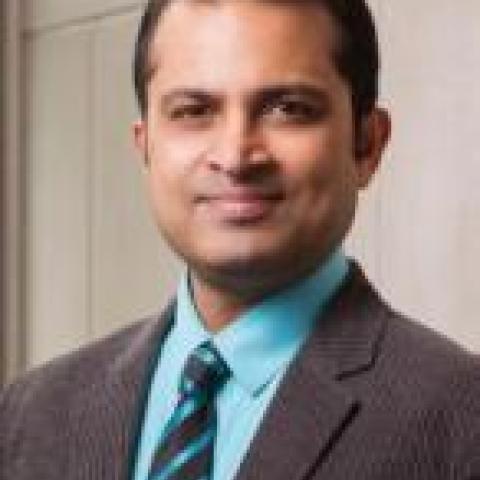
Saurabh Sinha received his Ph.D. in Computer Science from the University of Washington, Seattle, in 2002, and after post-doctoral work at the Rockefeller University with Eric Siggia, he joined the faculty of the University of Illinois, Urbana-Champaign, in 2005, where he held the positions of Founder Professor in Computer Science and Director of Computational Genomics in the Carl R. Woese Institute for Genomic Biology until 2022. He joined Georgia Institute of Technology in 2022, as Wallace H. Coulter Distinguished Chair in Biomedical Engineering, with joint appointments in Biomedical Engineering and Industrial & Systems Engineering. Sinha’s research is in the area of bioinformatics, with a focus on regulatory genomics and systems biology. Sinha is an NSF CAREER award recipient and has been funded by NIH, NSF and USDA. He co-directed an NIH BD2K Center of Excellence and was a thrust lead in the NSF AI Institute at UIUC. He led the educational program of the Mayo Clinic-University of Illinois Alliance, and co-led data science education for the Carle Illinois College of Medicine. Sinha has served as Program co-Chair of the annual RECOMB Regulatory and Systems Genomics conference and served on the Board of Directors for the International Society for Computational Biology (2018-2021). He was a recipient of the University Scholar award of the University of Illinois, and selected as a Fellow of the AIMBE in 2018.

Prof. Singh has a joint appointment with the Wallace H. Coulter Department of Biomedical Engineering at Georgia Tech and Emory University.
Prof. Singh started at Cornell University as an Assistant Professor in 2013 and was promoted with tenure to Associate Professor with joint appointments in the Mechanical Engineering and Biomedical Engineering. At Cornell, he served as the Associate Director of the NIH T32 training grant on Immuno-engineering, executive council of the Center for Immunology, and the Cornell (Ithaca) – Weill Cornell Medicine (NYC) Academic Integration initiative. Prior to joining Cornell, he completed his postdoctoral training in cell mechanobiology, cell-matrix interactions, and stem cell engineering at Georgia Tech in Mechanical Engineering.

The central goal of Dr. Singer’s research program is to understand how neural activity produces memories and spurs the brain’s immune system. Dr. Singer’s research integrates innovative behavioral, electrophysiological, and computational methods to identify and restore failures in neural activity that lead to memory impairment. Dr. Singer has established and continues to develop a new therapeutic approach to Alzheimer’s disease, novel forms of non-invasive stimulation, and new ways to manipulate the brain’s immune system. Additionally, using non-invasive approaches, she is translating her discoveries from rodents to develop radically new ways to treat diseases that affect memory in humans.
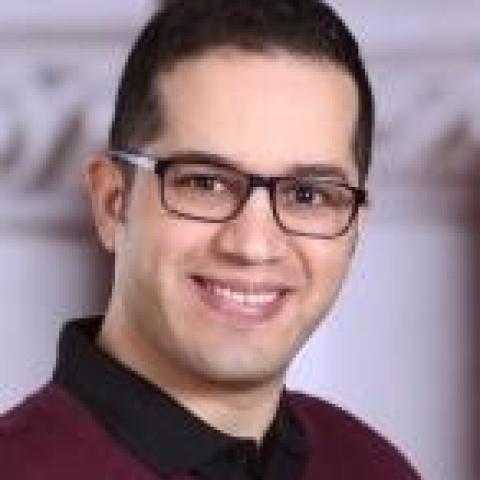
My research laboratory uses a multidisciplinary approach to design and develop micro/nano-scale tissue engineering technologies with the ultimate goal of generating functional bioartificial tissues and organs. Reaching this goal requires the skills and expertise from several disciplines including cell biology, medicine, nanotechnology, biochemistry, and materials science and engineering. Current projects in my lab include: 1) Bioengineering iPSC-derived, functional cardiac tissues using 3D bioprinting technology for in vitro disease modeling and drug screening; 2) Engineering cardiac patch systems to regenerate damaged myocardium in murine and swine models of ischemic heart injury; 3) 3D bioprinting-based liver and bone tissue engineering; and 4) Synthesis and characterization of smart nanobiomaterials (e.g., functionalized nanoparticles) for diverse biomedical applications including drug delivery and medical imaging.
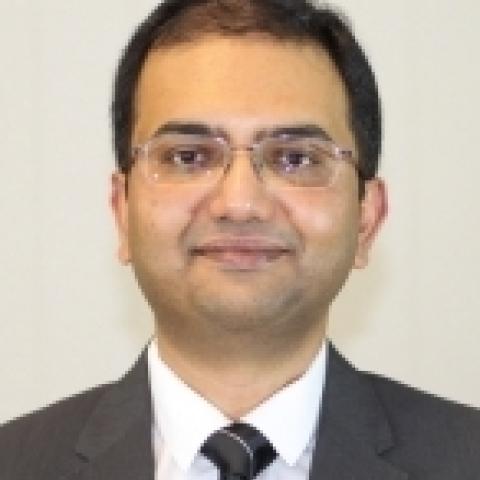
Aniruddh Sarkar is an Assistant Professor in the Wallace H. Coulter Department of Biomedical Engineering at the Georgia Institute of Technology and Emory University where he leads the Micro/Nano Bioelectronics Lab. He was earlier a Research Fellow at the Ragon Institute of MGH, MIT and Harvard with research affiliations at Harvard Medical School and at MIT. His research has evolved around the theme of exploiting unique physical phenomena that occur at the micrometer to nanometer length scales to develop devices and systems for solving various technological problems with a special focus on applications in biology and medicine. His earlier work, with Prof. Galit Alter (MGH/HMS) and Prof. Jongyoon Han (MIT), involved the development and application of microfabricated and nanofabricated devices to further the prevention, diagnosis and therapy of infectious diseases such as Tuberculosis and HIV/AIDS. He received his Ph.D in Electrical Engineering and Computer Science with a minor in Biology at MIT, developing microfluidic tools for single-cell analysis. He received his bachelors and masters degrees, both in Electrical Engineering at IIT Bombay.

Philip Santangelo is a professor in the Wallace H. Coulter Department of Biomedical Engineering at Georgia Tech School of Engineering and Emory University School of Medicine. He is a member of the Cancer Immunology Research Program at Winship Cancer Institute.
Dr. Santangelo obtained his Ph.D. in Engineering from the University of California at Davis. He completed his postdoctoral training at Sandia National Laboratories in Livermore, California and at Georgia Tech in Atlanta, Georgia. He also holds an MS in Engineering from Purdue University.
The overarching theme of the Santangelo lab is the spatial biology of RNA viruses and RNA regulation. Spatial biology is the study of biology in three dimensions — and the Santangelo lab develops advanced imaging tools to achieve this goal. The lab focuses their tools on the spatial biology of HIV/SIV and human respiratory synctial virus (leading cause of bronchiolitis and pneumonia in babies) and the aberrant regulation of messenger RNA during inflammation, viral infections and cancer pathogenesis. They have developed both single molecule methods and whole body imaging methods in order to work towards our goals.
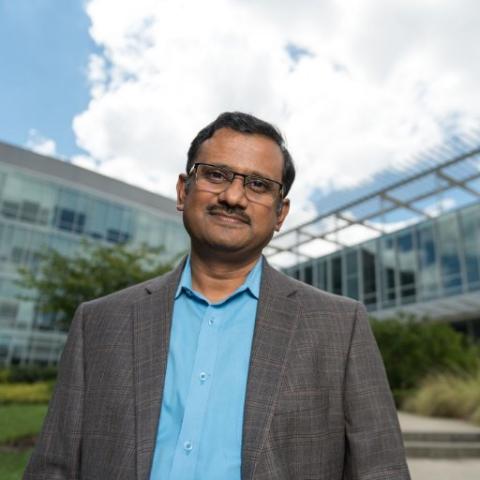
In August 2023, Krishnendu Roy joined Vanderbilt University as the Bruce and Bridgitt Evans Dean of Engineering and a University Distinguished Professor in Biomedical Engineering, and Pathology, Microbiology, and Immunology, with a secondary appointment in Chemical and Biomolecular Engineering.
Previously, Roy served as Robert A. Milton Endowed Chair for the Coulter Department of Biomedical Engineering at Georgia Tech. He is also the former Director of the NSF Engineering Research Center (ERC) for Cell Manufacturing Technologies (CMaT), Center for ImmunoEngineering at Georgia Tech, and Marcus Center for Therapeutic Cell Characterization and Manufacturing.
His overall research interests are in developing novel concepts for stem cell engineering as well as polymer controlled delivery of biological factors, especially for nucleic acid therapeutics (DNA, SiRNA and oligos) and immunoengineering. Currently, his group is involved in the following major areas of research; (a) Developing novel concepts to produce biodegradable surface functionalized micro-and nanoparticles for targeted and sustained delivery of nucleic acids, proteins, peptides and other immune modulators. In particular he is interested in developing multi-agent vaccine delivery systems for cancer and infectious diseases as well as immunotherapies for autoimmune diseases. (b) Creating spatio-temporally patterned polymer scaffolds for directed compartmental differentiation of stem cells into multiple lineages. (c) Engineering an artificial thymic niche for directed differentiation of stem cells into functional, antigen- specific T cells. (e) The development of novel nanoimprinting techniques to generate shape specific, environmentally triggered drug nanocarriers.
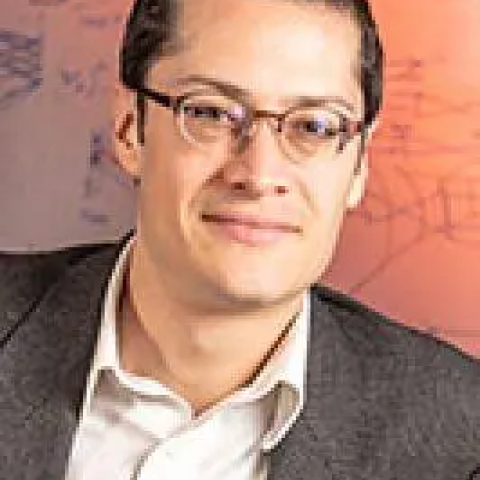
Dr. Francisco Robles is currently an adjunct assistant professor in the School of ECE and an assistant professor in the Wallace H. Coulter Department of Biomedical Engineering at the Georgia Institute of Technology and Emory University. He runs the Optical Imaging and Spectroscopy (OIS) Lab which focuses on advancing optical technologies to help improve the understanding of biological processes and the ability to identify and stage disease. The team develops and applies novel label-free linear and nonlinear spectroscopic methods, along with advanced signal processing methods, to gain access to novel forms of functional and molecular contrast for a variety of applications, including cancer detection, tumor margin assessment, and hematology.
Dr. Robles completed a Postdoctoral Fellowship in the Department of Chemistry at Duke University (2016), earned his Ph.D. in Medical Physics at Duke University (2011), and earned a B.S. in Physics and in Nuclear Engineering from North Carolina State University (2007).